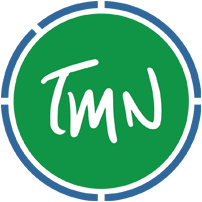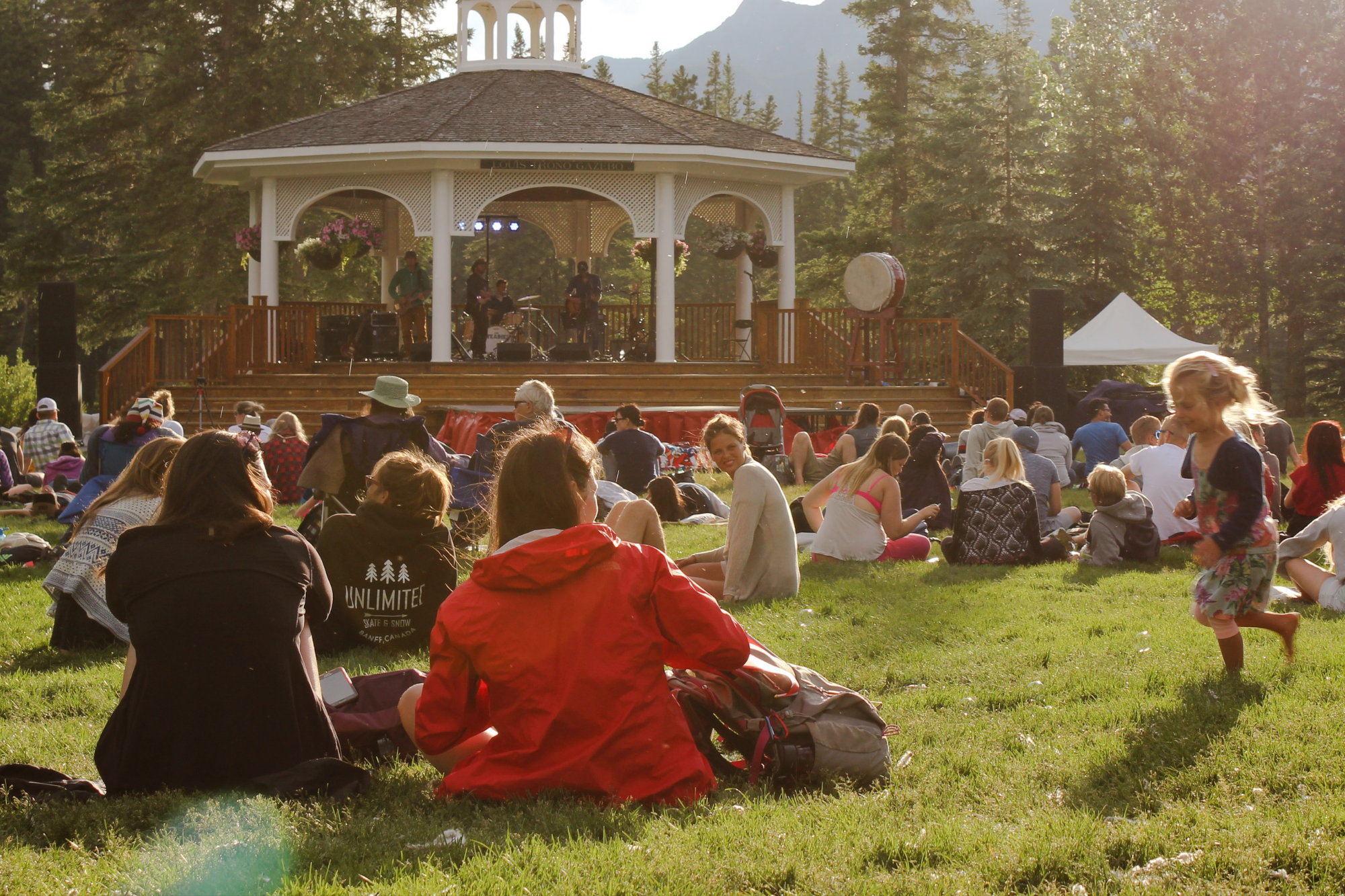So many of us are asking so many questions right now about where we are. These questions are about our churches, but they’re also about our society as a whole. We have this growing sense that the ground has shifted beneath our feet. We don’t know where we are anymore. Ways of life and leading Christian communities we’ve taken for granted are no longer working. And so, the questions to be asked are: Where are we? What is happening? What do we do?
This pervasive awareness that something has been lost is present in our current questioning of what it means to belong, what it means to be a community. We thought we once knew. We talked about our churches as loving communities but now we’re wondering if that is so. Many who we once knew are not returning to our churches. We wonder: What happened to these people? Was our sense of community as weak and thin as this seems to suggest? Were we fooling ourselves when we thought we were part of a beloved community? If we got that wrong, what else did we have wrong about being church?
But it’s not just churches asking these questions. A few years ago David Putnam wrote Bowling Alone to describe the loss and breakdown of local clubs and associations – the erosion of community. Mark Dunkelman wrote about The Vanishing Neighbor: The Transformation of American Community. More recently, Weave was formed with the aim “…to build social trust to address the root cultural causes of America’s social problems”. Weave is a direct response to the breakdown of community and our crisis of connection.
Across our society is this sense of the breakdown of community. Just as our worlds are unraveling, we find ourselves in a place of radical uncertainty. A world that made sense and seemed to hold together has careened off like an unguided missile. We are faced with troubling questions about belonging and community. As Christian communities we’re struggling to know what to do.
Euro-tribal churches made a series of accommodations to the massive cultural shifts that modernity brought with it. This was especially so in terms of the turn to the self (Putnams “me society”) and the wholesale acceptance that economics and technique would produce a good, meaningful life. We handed over care and accountability for one another to a new form of social life – the bureaucratic state with its meritocracy of professionals and experts who always know best. But these promises of a road to a good life have failed us.
The question of what we do about this situation is a critical one for us all – church and society. Our Christian communities are called to awaken to both the situation and the challenge. We do, indeed, need to reweave the fragile, torn fabric of community. But it’s not experts that we need, it’s wisdom. This wisdom is hard to come by in a culture given so completely over to professionals and experts. Community needs to be remade right in our churches and neighbourhoods. A community formed by the Spirit among God’s people.
Where do we begin?
It won’t be in grand plans or big programs. Jesus demonstrates to us that God begins small, on the ground in the ordinary, always in inadvertent and unexpected ways. There is no quick fix for our current crisis. There are no professionals and experts with the secret key to making us community again. There is another way. It is one that takes time. It is inglorious but begins to reweave the bonds of belonging and community we so desperately need.
Here are a few, simple, initiating practices for us as God’s people begin to address this crisis right where we are.
- Free Course: Start conversations about building community now. This free TMN course will get you started.
- Learn the how and why of Dwelling with Scripture together as a community of God’s people.


My question was and still is… Where was community when I needed it most, home alone during Covid? The church body said I could not fully participate in church activities I once found uplifting because I choose to not vaccinate. They in fact strongly suggested I stay at home and view the service online. In fact I was supposed to somehow know this was community. Fear was running the show. So now I am feeling the push to find a community that during the last 2 years welcomed vaccinated and unvaccinated. The church became a ” them” and ” us. ” To me this was and is so far from the Jesus that I thought I knew. The government and the health care system was now the ” church. “